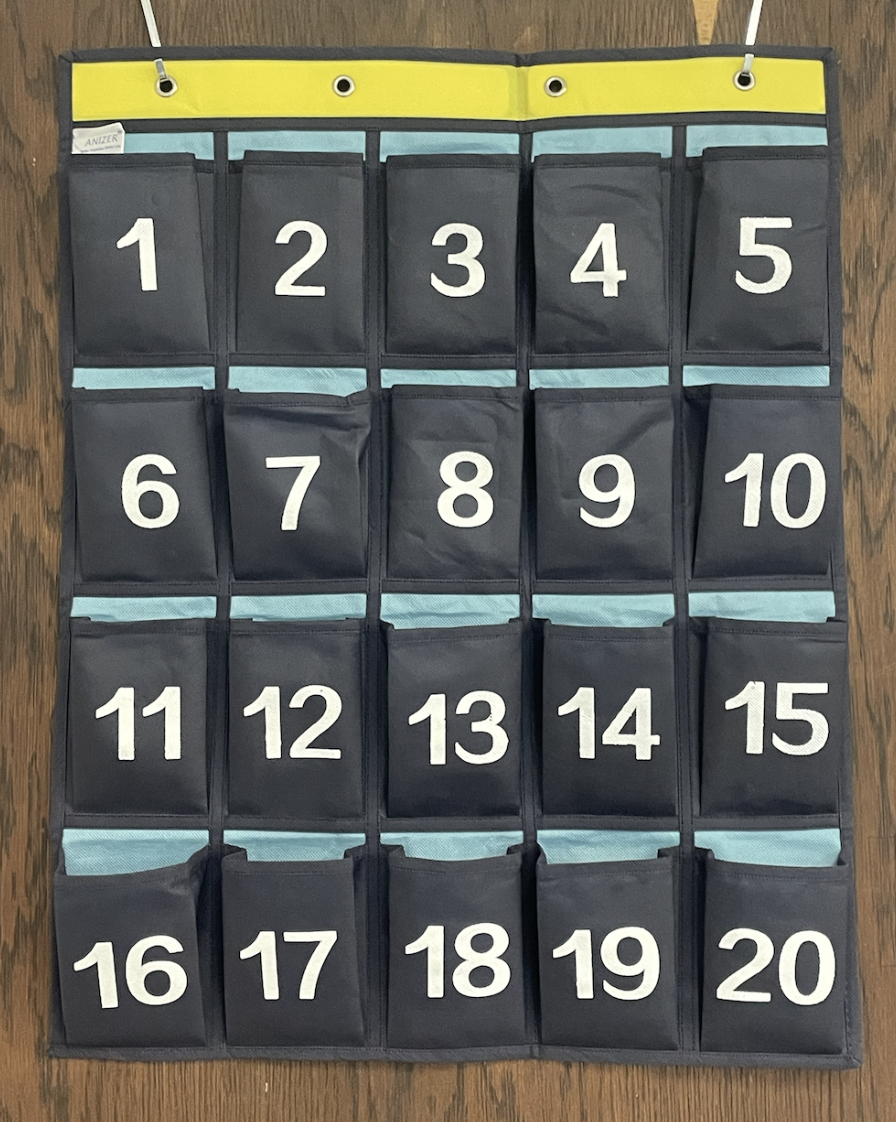Artificial Intelligence (AI) has taken the world by storm over the past few months. In particular, it was the launch of ChatGPT last year–a programmed AI chatbot that processes human language and generates responses–that has sparked conversation.
ChatGPT can write essays, draft emails, translate code, make songs, and even personalize recipes. This has led to numerous advantages in not only people’s personal lives, but also for many companies and industries globally. According to a poll done by Forbes, nearly 97% of businesses have found the use of AI systems to be beneficial. It helps in streamlining processes, saving time, and automating repetitive tasks. To most, AI has been a blessing.
However, there is one demographic in which artificial intelligence has stirred disputes in: schools.
Threat to Academic Integrity
With its technological capabilities of doing tasks like answering homework problems or constructing essays, AI is said to be a major gateway to cheating. In particular, ChatGPT’s high accuracy percentages can often leave students with excellent grades and flawless essays. In a mere amount of seconds, students can finish lengthy assignments that would otherwise take hours.
As schools have been working fiercely to limit academic dishonesty for years now, ChatGPT has made this challenge even harder. As a result, schools across the country have taken matters into tackling this issue in their own ways.
Some schools have responded by banning students from using ChatGPT and other AI-powered programs. For example, early this year, all New York City public schools made the decision to prohibit ChatGPT across all school devices. This was amid concerns about “its negative impacts on learning… and fears that it will encourage students to plagiarize,” said The Guardian. Many schools would follow suit.
Despite attempts from ChatGPT’s developers to reassure educators, many schools have kept their bans on artificial intelligence. Furthermore, some schools have even taken extreme lengths to expel students who are caught using AI. Even with new creations of AI detectors to determine AI-generated work, questions of its reliability still remain.
To these schools, AI prevents students from applying critical thinking skills, creativity, and originality. It does not set them up for success in the future.
Revolutionary Tool For Learning
Other schools have taken more gentle approaches. Instead of prohibiting students from using AI programs, some educators have embraced it. Mette Mølgaard Pedersen, an English teacher at Horsens Gymnasium in central Denmark, has done just that.
In an interview with EuroNews, she said, “…if we could change the way they use it [AI] so that it becomes a tool for learning, then we would have won a lot, both in terms of giving the students a new tool for learning, but also in terms of the relationship with the students.”
Aside from its abilities to help students cheat, AI can also be a learning aid in classrooms. It can answer any academic questions students may have, offer prompts, and help students collaborate. AI programs also have the advantage of being accessible at all times, meaning students can use these systems even at home.
eLearning Industry, a publishing platform for educators, outlines the ups and downs of artificial intelligence in schools. Some of its downs include “privacy concerns and data exploitation, inequality in access, loss of traditional teaching, and reduced human interaction.” On the other hand, its pros are that it “customizes learning to each student’s needs, offers instant feedback and timely intervention, and can be more efficient,” claims the platform.
As educators and school administrators have been the focal voices of this conversation, what do students think?
The Student Perspective
“I think AI and ChatGPT can be a good resource for students, but there should be limits to how it’s used. By abusing it, students lose the point of the school process,” said Pascack Hills sophomore Kanishka Prasanna.
These are valid points. One of the main goals of AI is to actively assist humans and enhance learning. But, who is to say that students will always have good motives when it comes to this program? Just like any other temptation, students may also be tempted to misuse ChatGPT and prompt it to complete their assignments for them. With all the sports, extracurriculars, and difficult classes that many students undertake, could schools be creating an “easy way out” for students by supporting artificial intelligence?
An anonymous Hills junior said, “I think schools should allow AI. It would make life easier for students.”
A sentiment held by many teenagers today, life for students has become increasingly stressful. Using helpful AI programs like ChatGPT could help minimize this pressure. In another study conducted by Forbes, it concluded that “Almost two-thirds [of workers] say that automation technology helps reduce their workload and stress. In fact, having access to technology is a key factor in how relaxed people are, according to respondents”.
Now, what if the same realities could be experienced by students? Would schools embracing technology help prioritize their students’ mental well-being? Or will it fuel laziness and be a detriment to learning?
Closing Statement
Overall, the question about embracing artificial intelligence in schools is never black and white. While AI has its drawbacks, it does have benefits too. It cannot be doubted that the program can induce cheating, misconduct, and inactivity among students. However, wouldn’t the use of a simple Google search or copying a classmate’s paper–things students have done for the past decades–also lead to the same things?
Amidst all disputes, one thing is for certain: AI is here. Whether schools choose to embrace artificial intelligence or not, AI is transforming modern education forever – for better or for worse.
Sources:
https://elearningindustry.com/should-students-be-using-online-tools-and-ai-to-study
https://www.nytimes.com/2023/09/06/opinion/letters/ai-schools.html
https://www.forbes.com/advisor/business/software/ai-in-business/
https://www.cnn.com/2023/01/05/tech/chatgpt-nyc-school-ban/index.html











































